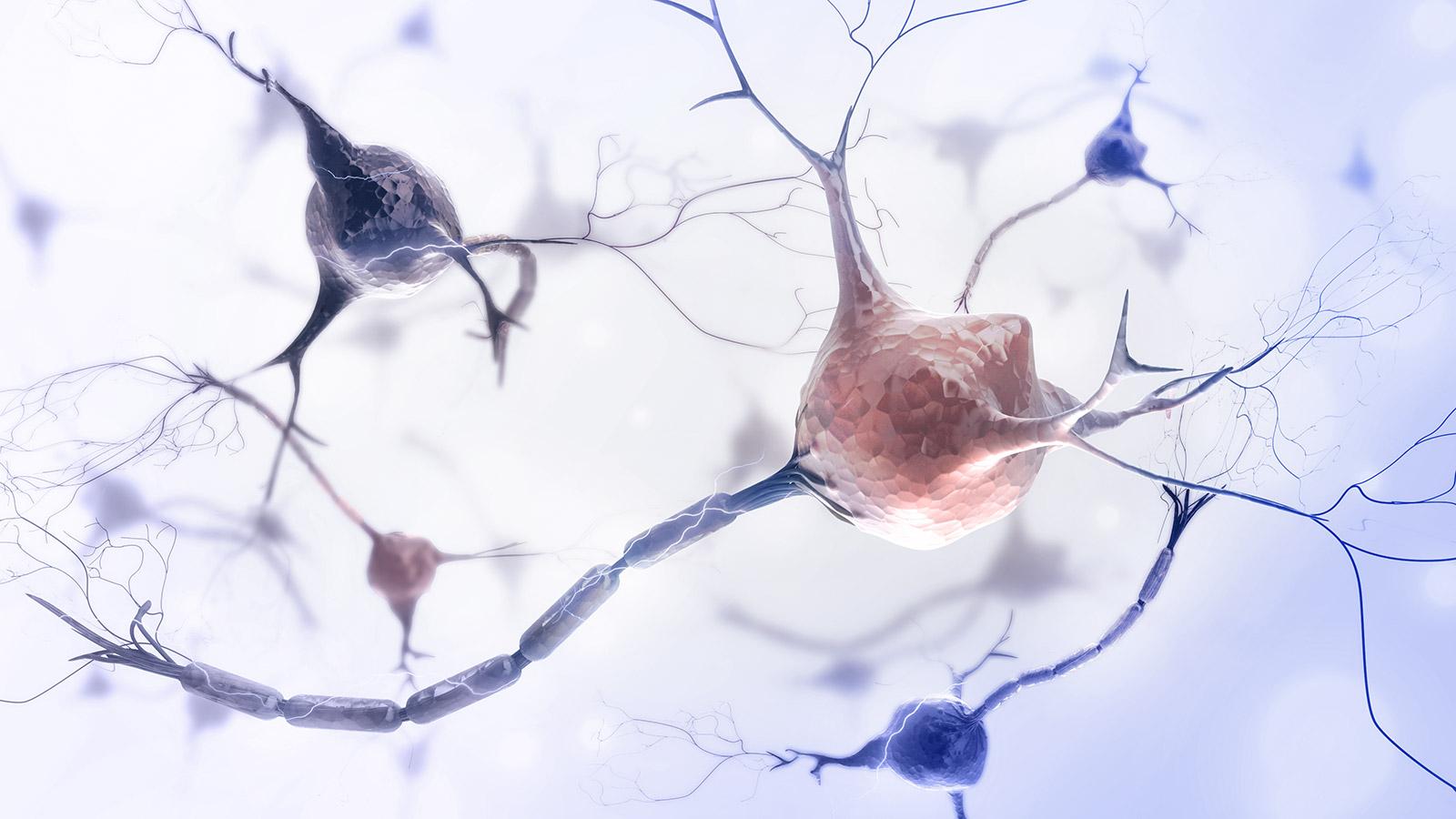
Brain and nerves – articles and advice
Brain
Discover features on neurological conditions, mental wellbeing and nervous system health. For detailed medical information, see our Patient Information Leaflets on brain and nerves.
Brain
Not every brain or nerve condition fits a neat label. Explore lesser-known neurological issues and when to seek expert help.
Epilepsy and seizures
Epilepsy can cause recurring seizures that vary in intensity. Learn what triggers seizures, how they’re diagnosed, and which treatments can help manage them.
Headache
Headaches are common but can be surprisingly complex. Discover the different types of headaches, possible causes, and the best ways to find relief.
Limb weakness and numbness
Weakness or numbness in arms or legs can signal nerve or circulation issues. Learn possible causes and when to seek medical attention.
Memory loss and dementia
Struggling to remember names or appointments? Learn the difference between normal forgetfulness and early signs of dementia, plus tips for maintaining memory health.
- 7 ways to help protect your brain from dementia
- The power of nostalgia: what is Reminiscence Therapy?
- The best brain exercises to sharpen your mind
- Young-onset dementia is linked to health and lifestyle, as well as genetics
- What is early Alzheimer’s disease - and what causes it?
- What causes dementia?
- How to support someone with dementia
- Brain training apps: do they really work?
- Can mental health problems and stress affect your memory?
- What not to say to someone with dementia
- Regular exercise could slow Alzheimer's disease
- Is it dementia or just forgetfulness?
- Good heart health in middle age may lower risk of dementia
- Blood test could predict Alzheimer's 20 years before symptoms
- Is this the reason Alzheimer's is more common in women?
- Experts reveal how a healthy lifestyle can reduce your risk of dementia
- What are the different types of dementia?
- What to do if you suspect a loved one has dementia
- How to tackle dementia stigma
- How to make shopping easier for people with dementia
- How to reduce your risk of dementia
- How does diet affect dementia?
Migraine
Migraines are more than bad headaches. Discover possible triggers, common warning signs, and how treatments can help reduce frequency and severity.
- 10 home remedies for fast migraine relief
- Vyepti: a new drug for preventing migraines
- Can a plant-based diet improve your migraines?
- Is there a link between gut health and migraines?
- Should you avoid the pill if you get migraines?
- Could histamine be the cause of your migraines?
- How to figure out your migraine triggers
- Can Botox cure your migraines?
- Is your period causing your migraines?
Movement problems
Difficulty walking, stiffness, or tremors? Movement issues can signal a range of conditions. Learn what to look for and how treatment can improve mobility.
- What is Tourette's syndrome - and how do you manage it?
- What worsens Parkinson's disease?
- What is vascular parkinsonism and what are the other types of parkinsonism
- Which therapies can ease Parkinson's disease symptoms?
- What is the link between Parkinson's disease and dementia?
- Could it be Parkinson's disease?
- Prostate cancer drug could slow down Parkinson's disease
- The best ways to relieve restless legs syndrome
Nerves
Nerves control everything from movement to sensation. Discover causes of nerve pain, weakness, or numbness and how doctors diagnose and treat these issues.
Neurodiversity
Neurodiversity includes conditions like autism and ADHD. Learn how these affect thinking and behaviour, and how support and understanding can make a big difference.
In this topic:Neurodiversity Autism spectrum disordersADHD
- Breaking free from masking: how to understand and overcome it
Autism spectrum disorders
- Debunking autism myths
- How can dogs help support families with autistic children?
- How to explain autism to your child
- How to help your autistic child cope with Bonfire Night
- Experts dispute new study linking C-section births to autism
- How should we support children with autism?
- What it's like to find out you're autistic as an adult
- How to tackle eating problems in children with autism
ADHD
- Can diet affect your ADHD?
- What is ADHD burnout?
- How to cope with ADHD: practical tips for everyday living
- Can ADHD cause anxiety and depression?
- What are the signs of ADHD in women?
- Dispelling common ADHD myths and stereotypes
- Is ADHD in adult women underdiagnosed?
Stroke
A stroke happens when blood flow to the brain is blocked. Discover the signs, urgent response steps, and treatments that help with recovery.
- Your guide to stroke prevention
- How to spot a mini-stroke: early signs and symptoms
- How to reduce your risk of stroke?
- What is the link between stroke recovery and gut health?
- How diet can reduce your risk of stroke and heart attack
- How does having a stroke affect your sex life?
- How to cope with isolation after a stroke
- Insomnia linked to increased risk of heart disease and stroke
- How to support a loved one after a stroke
- Atrial fibrillation stroke prevention options